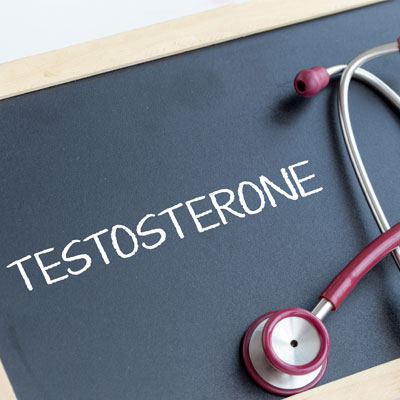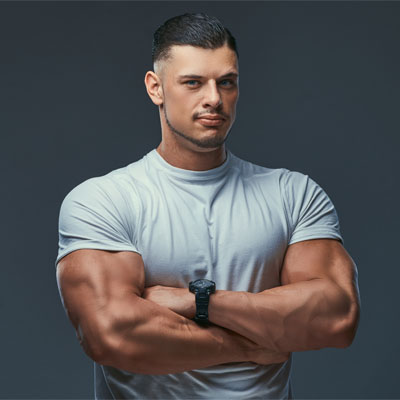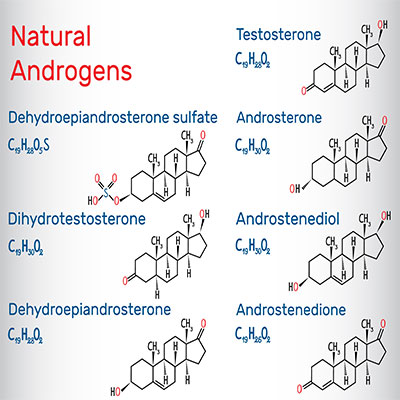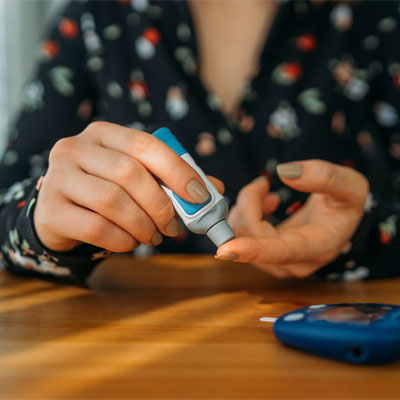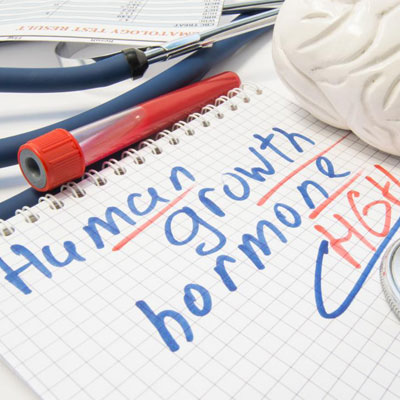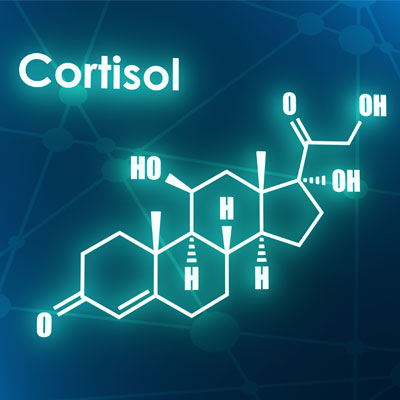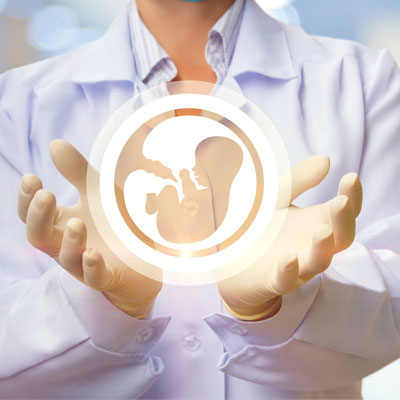Do Androgens Increase Testosterone Levels
Contents
- Does that mean taking supplemental DHEA can help boost testosterone levels?
- What Are Androgens?
- How do androgens increase testosterone levels to a normal or even high level?
- What Are Androgens and How Do They Influence Testosterone Levels?
- Do androgens increase testosterone levels if their levels are low?
- Symptoms of Androgen Deficiency That Can Benefit from Testosterone
- How do androgens increase testosterone levels when used as supplements?
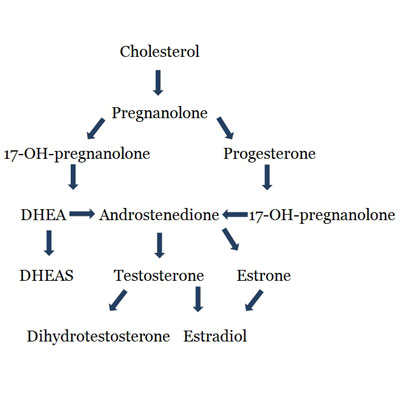
When we talk about androgens and testosterone levels, we can discuss one of two subjects: naturally produced hormones or synthetically produced hormones.
Naturally produced hormones are the ones made in your body. Steroid hormones begin as a substance we all know very well – cholesterol. Many times, cholesterol gets a bad reputation. However, without proper dietary cholesterol, your body cannot convert it into the necessary hormones you need.
Trusted sourceLDL and HDL CholesterolCenters for Disease Control and PreventionGo to sourceCholesterol becomes pregnanolone before undergoing a series of conversions leading to the production of testosterone and estradiol. The figure below shows how that works:
As you can see, the androgens androstenedione and DHEA directly and indirectly influence testosterone production, and, therefore, testosterone levels.
Does that mean taking supplemental DHEA can help boost testosterone levels?
For some people, the answer is yes; supplemental DHEA is one of the natural testosterone boosters. It is essential to know if you have low testosterone and low DHEA levels before taking any supplement, and if so, what the best one for your purposes will be. Too much DHEA, just like too much of anything, can be detrimental to good health. Blood analysis is the best way to know what hormones your body needs.
Androgen hormones such as testosterone belong to a chain of hormonal conversions that begin with cholesterol.
What Are Androgens?
You are likely familiar with testosterone and know it to be the primary male sex hormone. But what are androgens and why are they important to the body?
We primarily think of androgens as male sex hormones, but that is not the full story. Women need these hormones, as well, just not in the same amount. Trusted sourceWhat Is Estrogen?Live ScienceGo to sourceEstrogen (estradiol and estrone), as well as progesterone, are other steroid hormones more commonly associated with females. However, as you can see in the image above, progesterone is a crucial precursor hormone to testosterone and estrogens.
Here are some facts to know about androgens and their functions in females and males:
- Androgen in females
Women need androgens such as testosterone to maintain bone density, muscle mass, energy, and strength. Because testosterone also helps regulate metabolism, testosterone can help a woman avoid weight gain during menopause. Unfortunately, menopause is also the time when the ovaries stop producing progesterone, testosterone, and estrogen. That is why so many women suffer symptoms such as hot flashes, weight gain, mood swings, night sweats, depression, and mental fog. When it comes to female androgens, testosterone is also the hormone that stimulates female sex drive and aids in maintaining vaginal lubrication.
- Androgen in males
Testosterone is the primary male androgen sex hormone that stimulates sexual growth during puberty. It is testosterone that helps put hair on the face and chest. Testosterone also deepens the male voice, supports bone and muscle mass, and ensures healthy sperm maturation. Testosterone deficiency can lead to male infertility. As with women, testosterone stimulates sex drive, sexual performance, metabolism, and energy levels.
How do androgens increase testosterone levels to a normal or even high level?
DHEA and androstenedione are crucial for testosterone production. If they are low, you could wind up with testosterone deficiency. However, all hormones require a delicate balance. Too much of any hormone can influence others in its downstream. Elevated androgen levels can lead to weight gain, irritability, depression, acne, oily skin, loss of scalp hair, excessive growth of facial and body hair, and in women – polycystic ovarian syndrome.
- Common causes of androgen excess
Elevated androgen levels can be caused by steroid abuse or the use of over-the-counter supplements containing DHEA. Sometimes, tumors in the ovaries, testes, adrenal glands, pituitary gland, or hypothalamus can overstimulate androgen hormone production. Congenital adrenal hyperplasia is a genetic disorder of the adrenal glands that can also lead to high androgen levels.
Androgens are crucial hormones for men and women and can cause problems if their levels get too high or too low.
What Are Androgens and How Do They Influence Testosterone Levels?
As we continue talking about how androgens increase testosterone, it might help to know a bit more about some of the other androgens other than that they are precursors to testosterone production.
- Androstenedione – production of androstenedione occurs in the adrenal glands, testes, and ovaries. When precursor androgens produce testosterone, such as androstenedione and DHEA, they keep the pathway going so that the body has the hormones it needs.
- Dehydroepiandrosterone (DHEA) and DHEA sulfate – DHEA and DHEA-S are crucial for the central nervous systems as they help modulate immunity, inflammation, neurotransmitter synthesis and release, cognitive function, and more. These two hormones comprise the highest level of steroid hormones in the body. The adrenal glands, ovaries, testes, and brain produce DHEA. As with other steroid hormones, DHEA levels decline with age. A lack of DHEA and DHEA-S can increase the risk of Alzheimer’s disease. DHEA is a crucial precursor hormone to testosterone and estrogen.
- Dihydrotestosterone (DHT) – synthesized from testosterone, DHT supports male characteristics. The downside to having too much DHT is the miniaturization of hair follicles that can lead to hair loss or thinning in both males and females. DHT also binds to the same receptors as testosterone.
Do androgens increase testosterone levels if their levels are low?
If a person is deficient in precursor hormones, or even the vital cholesterol that begins the process, the effect will continue down the pathway to all hormones in the chain.
The androgen hormones androstenedione and DHEA are precursors to testosterone production.
Symptoms of Androgen Deficiency That Can Benefit from Testosterone
It is vital that the body continues to produce androgens and testosterone throughout your lifetime; otherwise, you will likely suffer symptoms of androgen deficiency. For many people dealing with these issues, testosterone therapy is the safest, most effective way of reversing symptoms of androgen decline such as:
- Insomnia
- Lethargy
- Fatigue
- Weight gain
- Decreased bone density and brittle bones
- Joint pains
- Muscle and body aches
- Stiffness
- Loss of lean muscle
- Mental fog
- Depression
- Impaired cognitive functions
- Memory loss
- Poor focus
- Reduced motivation and drive
- Lack of productivity
- Hair thinning or loss
- Low sex drive
- Erectile problems in men
- Vaginal dryness in women
- Mood changes
- Anxiety, stress, or irritability
- Loss of quality of life
- Poor outlook for the future
An important reason to ask “do androgens increase testosterone levels” is to help reduce the risk of developing more serious health conditions. People with low testosterone are more likely to receive a diagnosis of one or more of the following:
- Atherosclerosis
- Metabolic syndrome
- Obesity
- Type 2 diabetes
- Cardiovascular disease
- Dementia
- Osteoporosis
- High blood pressure
Balancing androgen levels helps reduce the risk of developing more severe health conditions.
Treatment of Androgen Deficiency
If you have low levels of androgens, testosterone replacement may be the right choice. A hormone specialist will run diagnostic blood tests to measure your hormone levels. Testosterone therapy is one of the safest types of hormone replacement – especially for people who will need it for an extended time.
How do androgens increase testosterone levels when used as supplements?
Testosterone replacement does just what it says – it increases the amount of testosterone in your bloodstream that is available for your androgen receptors to use.
Women can benefit from using daily testosterone cream. Unlike many forms of estrogen therapy that require an application to the entire arm, compounded testosterone cream is applied to only a small area. It is considered a viable alternative for women who cannot use estrogen therapy.
Men have multiple options, with the most commonly prescribed being testosterone cypionate injections for their low cost, effectiveness, and ease of use.
For further information about treating androgen deficiency, or to learn how to find out if you have low androgen levels, please contact HGH Doctor hormone clinic. We will be happy to discuss your questions about hormonal imbalance during a complimentary, confidential consultation.
If you suffer from androgen deficiency, you may benefit from testosterone replacement therapy.
- Jeremy B Myers, MD, Randall B Meacham, MD
- C. Wayne Bardin, MD, Ronald Swerdloff, MD, Richard Santen, MD
- Carla Basualto-Alarcón, MD, MSc, PhD, Rodrigo Maass, DVM, PhD, Manuel Estrada, PhD, Enrique Jaimovich
- David J Handelsman, AO, MB, BS, PhD, FRACP, FAHMS
- Dr. Jefferson Chen, MD
Androgen Replacement Therapy in the Aging Male
Androgens: Risks and Benefits
Anabolic/Androgenic Steroids in Skeletal Muscle and Cardiovascular Diseases
Androgen Physiology, Pharmacology, Use and Misuse
Androgens: how too much or too little affects men and women

